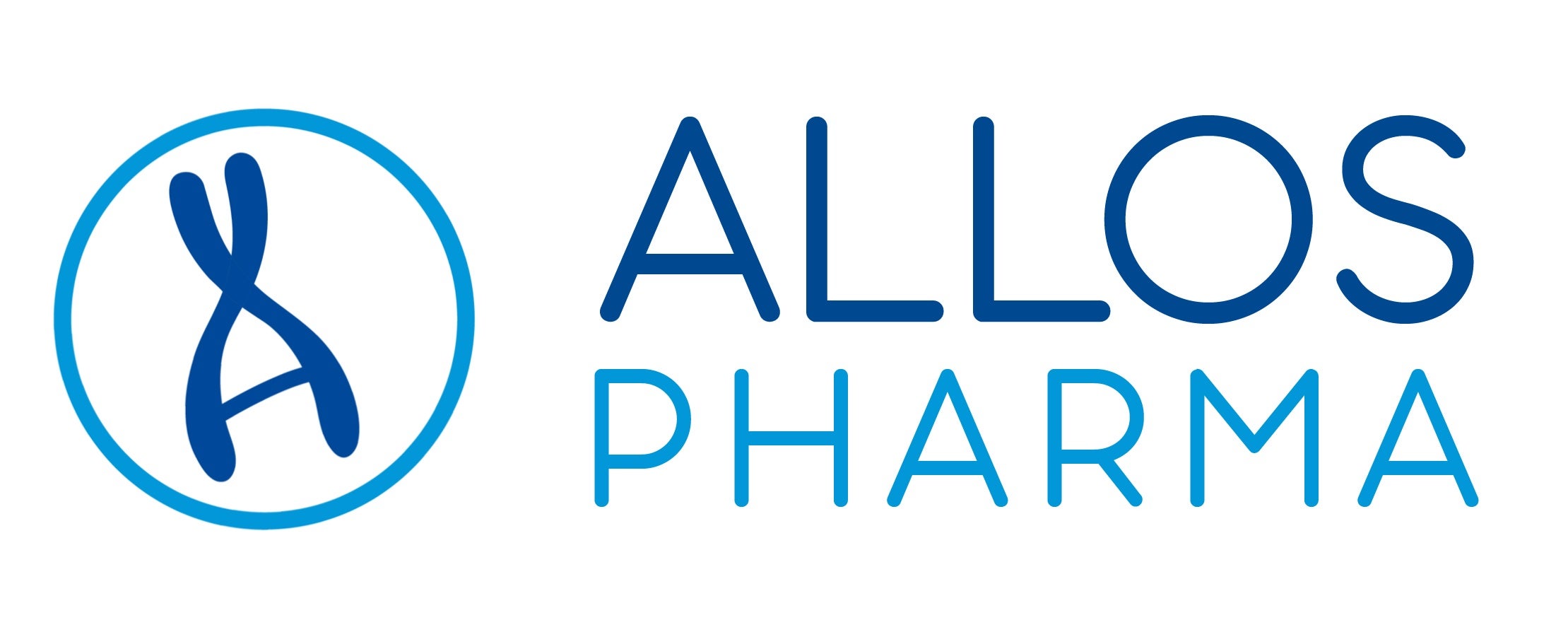By Hilary Rosselot
A publication was released this week summarizing one lab’s discovery that could lead to a future treatment for Fragile X.
Drs. Joel Richter and Sneha Shah at the University of Massachusetts Chan Medical School alongside Dr. Elizabeth Berry-Kravis utilized antisense oligonucleotide (ASO) to treat RNA splicing in postmortem brains of individuals with Fragile X syndrome (FXS). This ASO treatment not only stopped the abnormal FMR1 splicing the Richter lab found occurs in FXS, but also rescued or restored FMR1 splicing, which caused the gene to create Fragile X protein, FMRP. We suggest reading the great, detailed summary of this work on the FRAXA Research Foundation website.
Thanks to organizations like the FRAXA Research Foundation, the Simons Foundation, NIH, and the University of Massachusetts for funding this important work!
ASO is one of a few gene activation approaches being explored in Fragile X. Other approaches include AAV gene therapy and CRISPR. None of these approaches are available to be tried in humans just yet and will require additional research to ensure safety, tolerability, and effectiveness. All are possible future treatments for Fragile X!
We are so excited about what the future holds!
about

Hilary Rosselot
Hilary joined the NFXF team in 2019. Prior to joining the NFXF team, she worked at the Cincinnati Fragile X Research and Treatment Center for over five years. She has experience as a clinical research coordinator across many types of clinical trials and served as the clinical research manager for the Cincinnati program. She earned a bachelor’s degree in psychology, a master’s, and is a SOCRA certified clinical research professional (CCRP). She enjoys time with family and friends, a great book, a strong cup of coffee and, of course, a good laugh!
Check out more research articles & opportunities
Allos Pharma Inc. Receives FDA Guidance and Support for their Phase 3 Trial of Arbaclofen in Fragile X Syndrome
Allos Pharma Inc. received invaluable FDA feedback on the design of their Phase 3 trial for arbaclofen for the treatment of Fragile X syndrome.
The effect of college degree attainment on neurodegenerative symptoms in genetically at-risk women
Researchers at the University of Wisconsin explored the relationship between obtaining a college degree and the manifestation of the neurodegenerative symptoms of FXTAS among women at elevated genetic risk.



